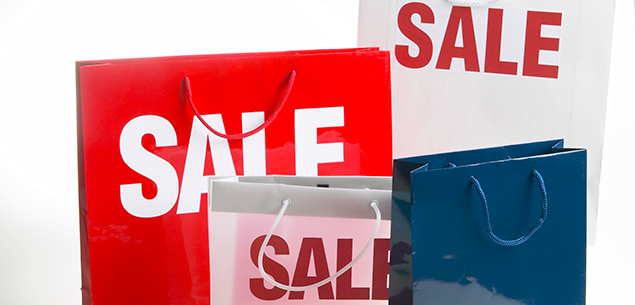One of the biggest changes that will benefit consumers under the reform of the Consumer Guarantees Act (CGA) is the protection provided when buying from an online auction site such as Trade Me.
The current anomaly where consumers who go through the bidding process when buying online from a business have no protection under the CGA, but those who “buy now” do, will go.
As of June 2014, every consumer who buys from a business on an online site, regardless of how they do it (auction or buy now), will have protection if the goods or services are faulty.
What’s more, businesses will have to identify themselves so you’ll know if you’re buying from a professional or someone clearing out their garage.
You still won’t have any comeback if you buy something and later decide you don’t like it. But if it doesn’t work, or doesn’t work as the trader said it would, you’ll be entitled to a refund, repair or replacement.
The protections usually don’t extend to buying from overseas sites, so you need to be extra careful.
There’s no doubt that shopping online can provide choice – and often cheaper products – but there are a few things you should ask yourself before you buy:
Who are you dealing with? Check the identity of the retailer, especially if you have never heard of them. Only buy from sites that provide adequate address and contact details. Look for links such as “Contact Us” or “Help”. Research online for complaints by typing in the business’ name plus “complaint” or “problem”.
Check out returns, refund and warranty policies. When you buy online, there’s a greater chance the product won’t be what you wanted – clothes might not fit or an appliance might not measure up. Check there’s a clear returns policy offering a full refund if goods are faulty or not what you ordered.
Check the site’s privacy policy and be wary if there isn’t one.
Work out the cost – the exchange rate, delivery, taxes and any other costs.
Make sure the site has a secure checkout. A secure page should have a website address that begins with “https” and a closed padlock icon (the latter can be faked so check for one other security measure).
Paying by credit card does give you some protection if things go wrong, because you have the right to pursue a claim with the card issuer as well as the online retailer.
By Sue Chetwin, CEO Consumer NZ.




